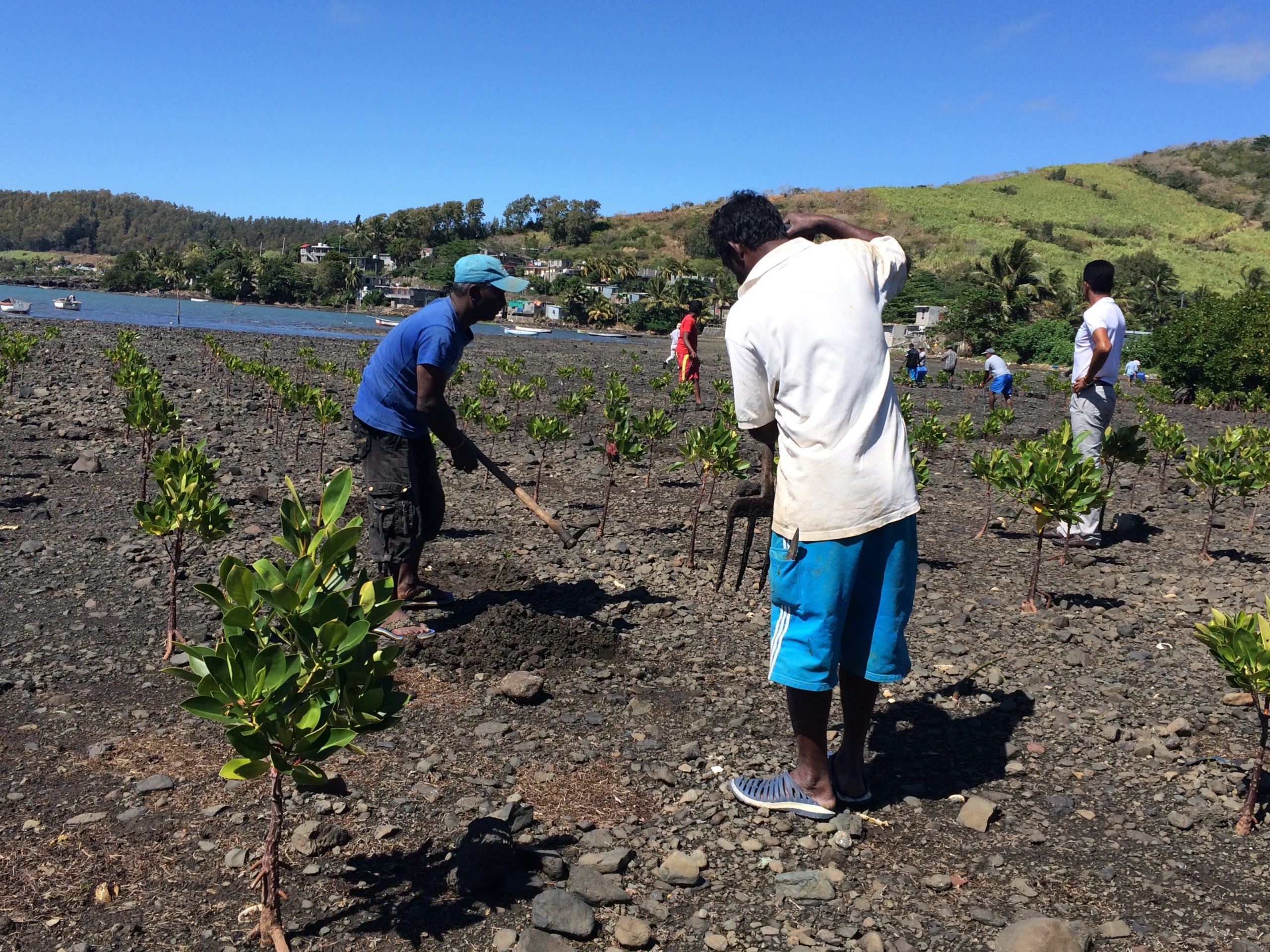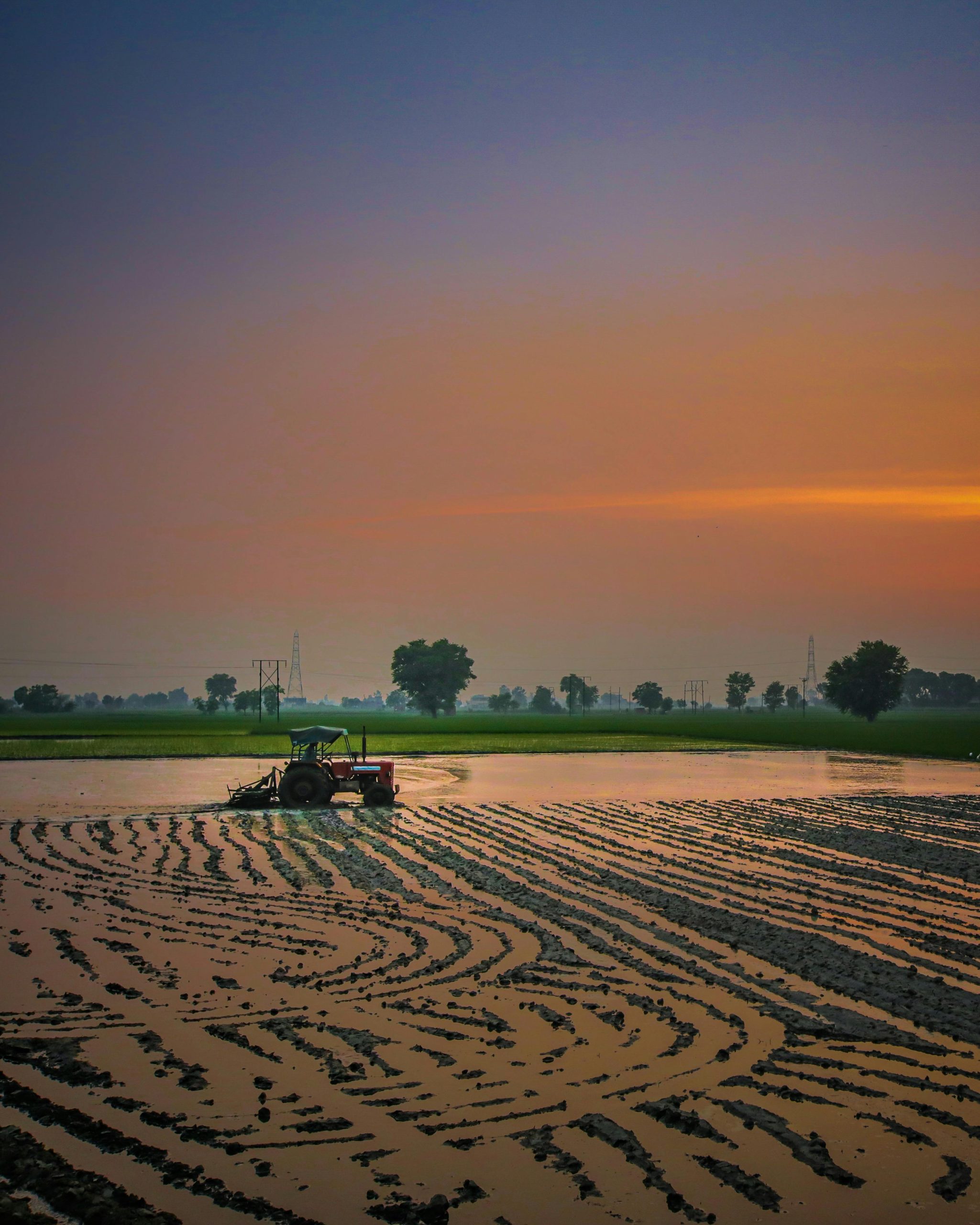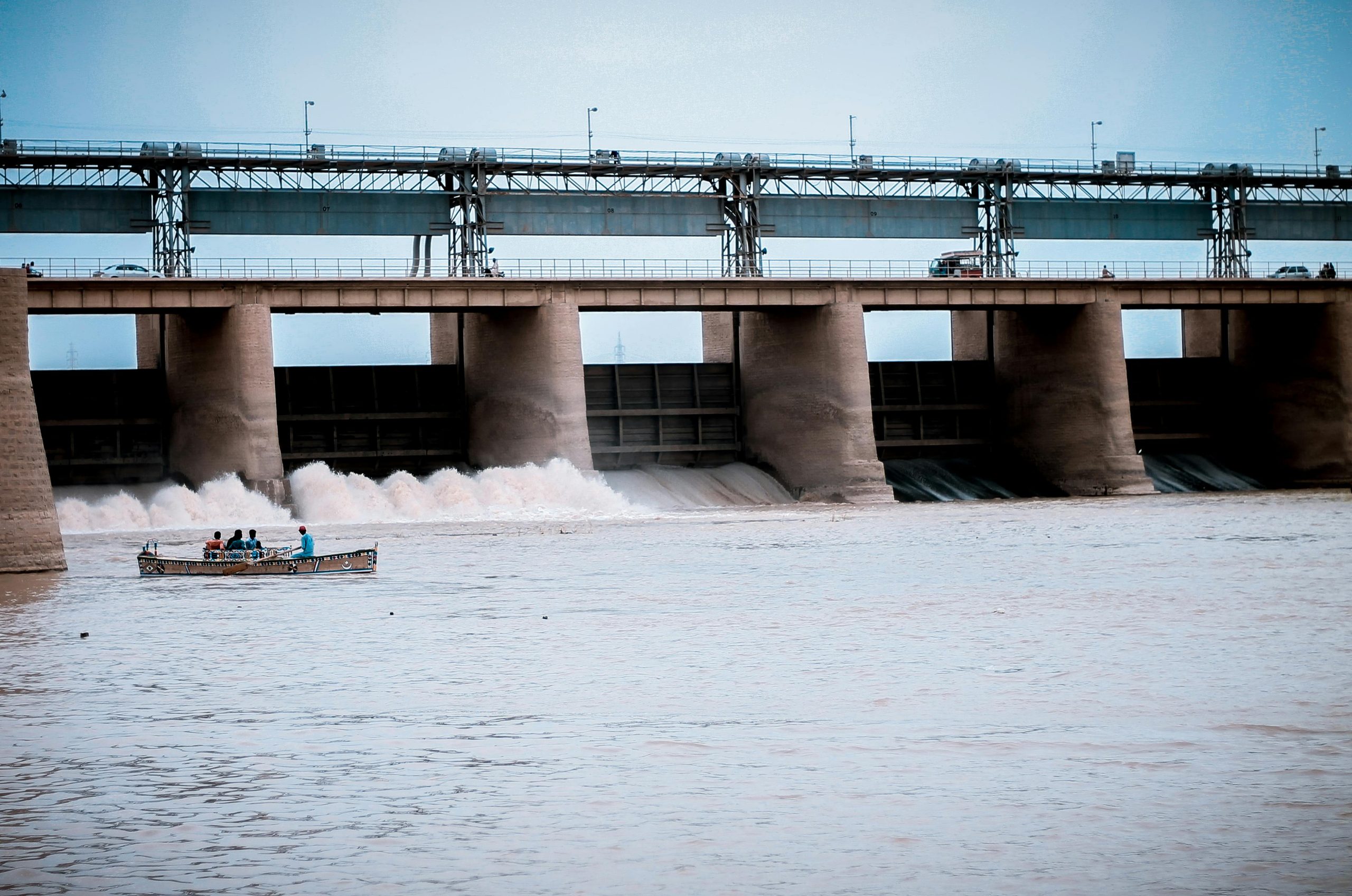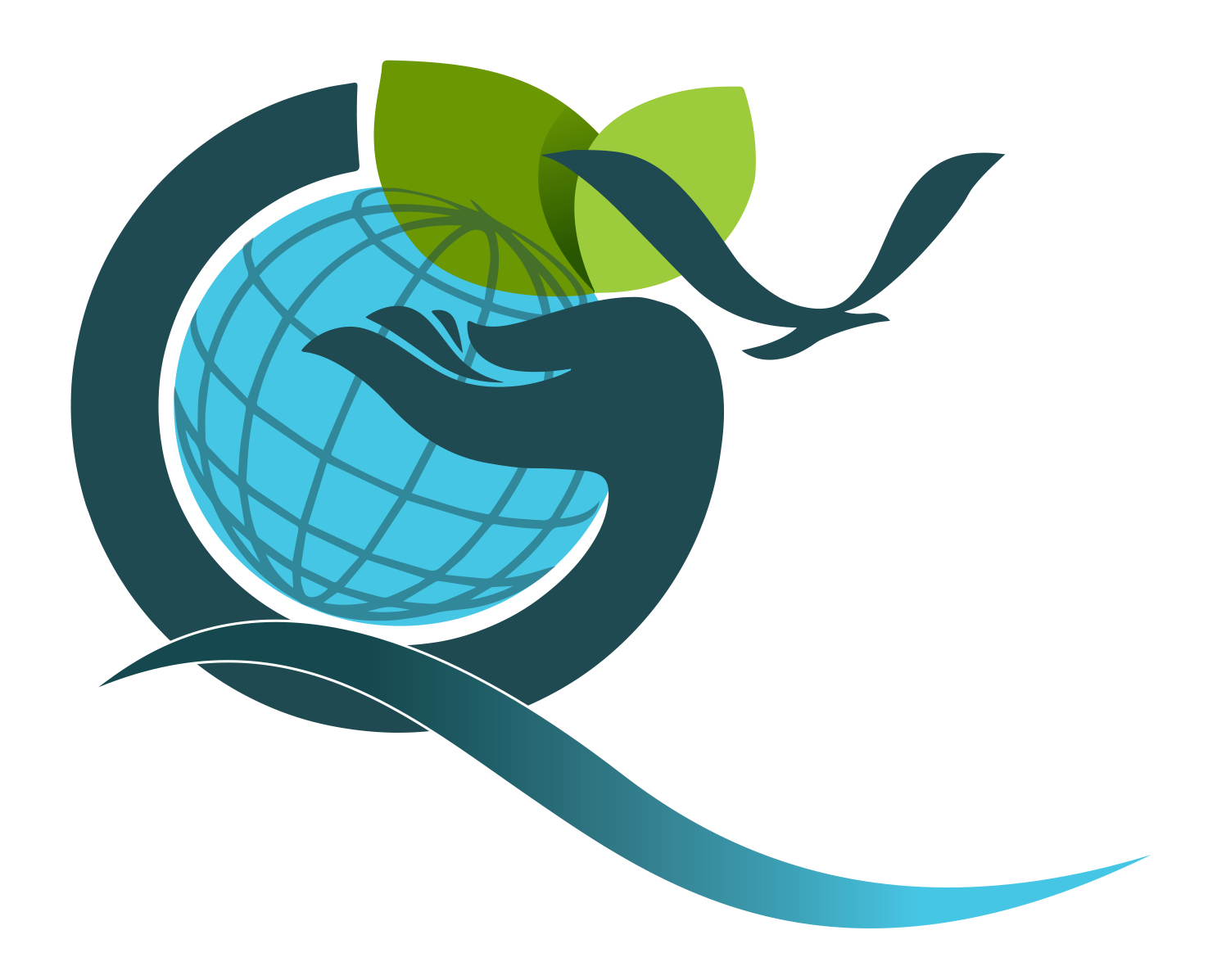Our Impact

Our Impact
Since its founding in 2021, Qavah Earth has grown from a one-person consultancy into a trusted partner for international agencies, governments, and NGOs working across Africa, Asia, the Pacific, the Caribbean, and South America. Guided by the vision of “seeding hope for tomorrow,” QE has supported the design, review, and evaluation of more than 50 climate change adaptation and mitigation projects financed by the Green Climate Fund (GCF), Global Environment Facility (GEF), and Adaptation Fund (AF).

Our impact is seen in the strengthened resilience of vulnerable communities and ecosystems worldwide: from enhancing food security in Tajikistan and Ethiopia, to scaling renewable energy and climate-smart livelihoods in Mozambique, to safeguarding coral reefs in Fiji and forests in Peru and Zambia. By combining technical excellence with deep local engagement, QE has mobilised significant climate finance, helped shape national and regional climate strategies, and ensured that projects are inclusive, fundable, and sustainable.

Through our work, we have directly influenced the flow of hundreds of millions of dollars of climate finance, supporting communities to move from vulnerability to resilience. More than just developing proposals, QE ensures long-term impact by embedding climate-smart solutions into policies, institutions, and livelihoods — always grounded in hope, partnership, and resilience.
